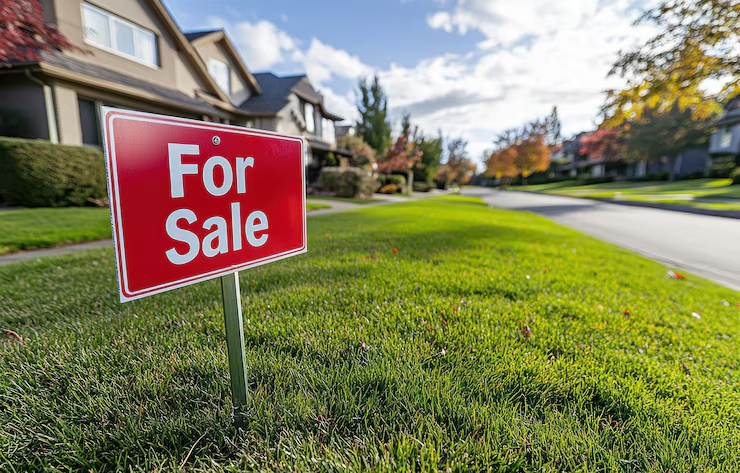Owning land in Kenya is a dream for many, but the process can feel overwhelming. From identifying a genuine seller to receiving your title deed, each step matters. The good news is that with the right guidance, buying land becomes a straightforward journey.
Thanks to platforms like Justhomes and trusted companies like Optiven, OneEleven Properties, and Username Investments, land ownership is now more accessible and secure. These developers offer ready-to-build plots across Kenya, complete with documentation and flexible payment plans.
In this blog, we walk you through a step-by-step guide to owning land in Kenya. Whether you’re buying for personal use or investment, this guide helps you avoid costly mistakes and make smart decisions.
Let’s explore the key stages of purchasing land with confidence.
1. Identify Verified Land Sellers and Choose the Right Plot
The first step in owning land is identifying reputable sellers. This stage determines the success of your entire investment. In Kenya, land scams are common, which is why due diligence is critical.
Start by using the Justhomes App to browse verified listings. The platform filters sellers and connects you with trusted agents or developers. Leading land sellers like:
-
Optiven – known for serviced plots with infrastructure in place
-
Username Investments – popular for affordable land in fast-growing towns
-
OneEleven Properties – specializing in secure gated communities
Before committing, visit the site. Ask questions. Review the property’s location, accessibility, and future growth potential. Consider nearby infrastructure, such as schools, roads, and shopping centers.
Also, confirm whether the land is freehold or leasehold. Check zoning laws and allowable land use.
Choosing a verified seller protects you from fraud and ensures that you get value for your money. These developers often offer value-added services like fencing, roads, and water access, making your land ready for use or resale.
2. Conduct a Land Search and Verify Ownership
Once you’ve chosen your plot, it’s time to confirm legal ownership. A land search ensures the seller is the rightful owner and that the land has no disputes or encumbrances.
Here’s how to do it:
-
Visit the Ministry of Lands office in the county where the land is located
-
Present a copy of the title deed
-
Pay a small fee (about Ksh 500)
-
Receive a land search result within 2–3 days
Alternatively, you can now carry out the process online through the Ardhisasa portal (for Nairobi-based properties). A valid search confirms:
-
The legal owner of the land
-
The size and location
-
If the land has any caveats or restrictions
Avoid skipping this step, even if you’re buying from a reputable company like Username or Optiven. A land search is your legal proof and protection.
Also, request a mutation form if the plot was subdivided, and check for survey maps to match boundaries on the ground. A licensed surveyor can help with verification before you proceed.
This step guarantees peace of mind before making payment.
3. Sign the Sale Agreement, Make Payment, and Transfer Title
After confirming ownership, the next phase involves documentation, payment, and transfer of ownership. This legal process secures your claim to the land.
Here’s a breakdown:
-
Agree on terms with the seller (price, payment plan, timelines)
-
Hire a lawyer to draft and review the sale agreement
-
Make payments through traceable methods—preferably via bank
-
Seller signs land transfer forms and provides consent documents
-
Pay stamp duty (typically 4% of the property value)
-
Lodge documents at the Lands Registry for title transfer
If you’re buying through a developer like OneEleven Properties, they’ll often guide you through this process. Some even offer in-house legal support.
Once processed, you’ll receive a new title deed in your name. Ensure it matches land registry details and is signed by the registrar.
The final step is registration with your county government and obtaining a rates clearance certificate, especially for urban plots.
By using platforms like Justhomes and partnering with vetted sellers, you reduce risks and speed up the ownership process.


